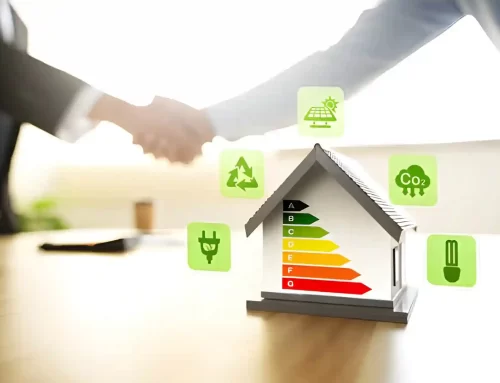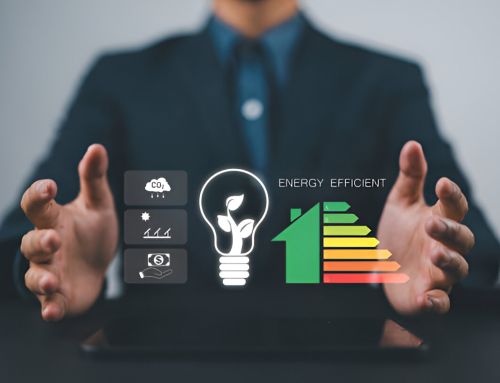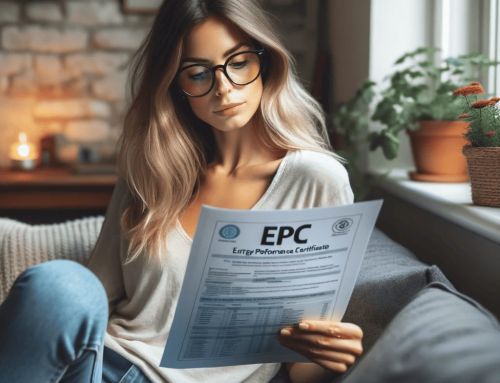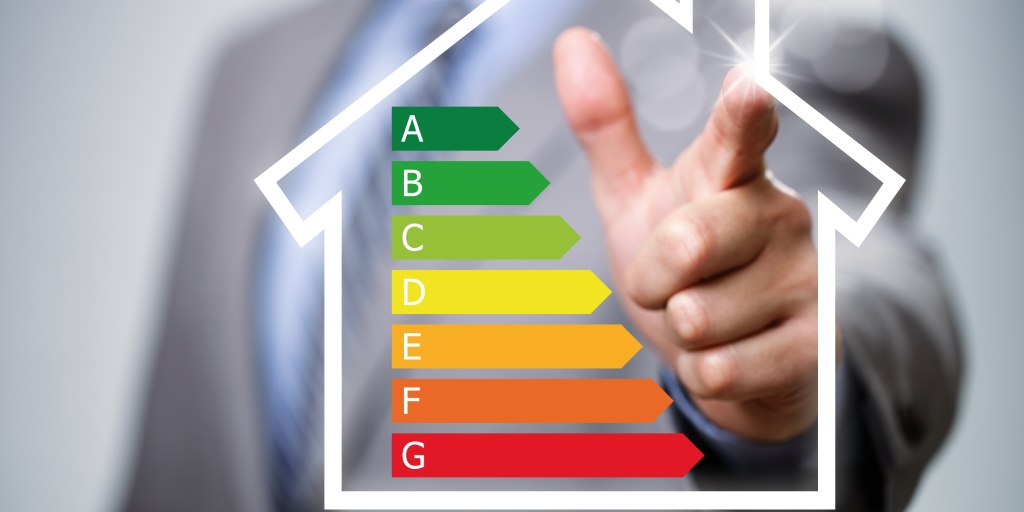
Like a compass pointing north, the question of whether an EPC rating of D is good in the realm of energy efficiency beckons consideration.
Understanding the implications of this middling grade is crucial for homeowners and environmental advocates alike.
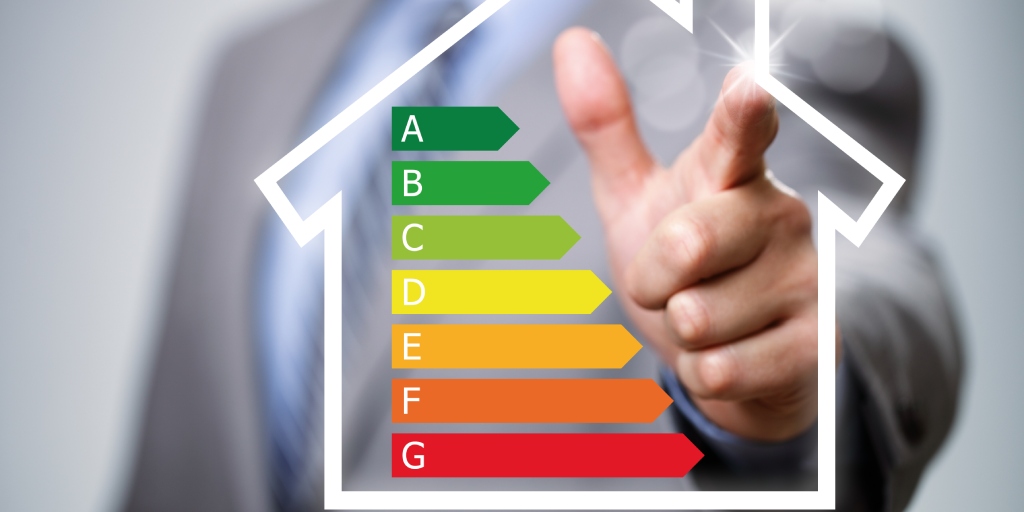
Let’s navigate through the nuances of EPC ratings, exploring the significance of a D rating and uncovering the potential pathways towards improvement that could steer your property towards a greener, more sustainable future.
Understanding EPC D Rating
Understanding the EPC D rating can provide valuable insights into a property’s energy efficiency and potential for improvements. The EPC D rating, falling within the 55-68 SAP points range, is a crucial indicator of a property’s energy performance.
In England, the median energy efficiency score is 66, while in Wales, it stands at 64. This rating not only signifies the energy efficiency of a building but also plays a significant role in determining its property value. Properties with higher EPC ratings, such as C or above, can see an increase in value by up to 14%.
Additionally, the EPC D rating sheds light on the heating costs associated with the property, showcasing the expenses needed to heat and power it efficiently. Moreover, this rating highlights the insulation benefits of the property and emphasizes the potential energy-saving measures that can be implemented to enhance its overall energy efficiency.
Factors Contributing to EPC D Rating
Moving on from the insights provided in the preceding discussion on the EPC D rating, an examination of the key elements that contribute to this rating sheds light on the energy efficiency of a property.
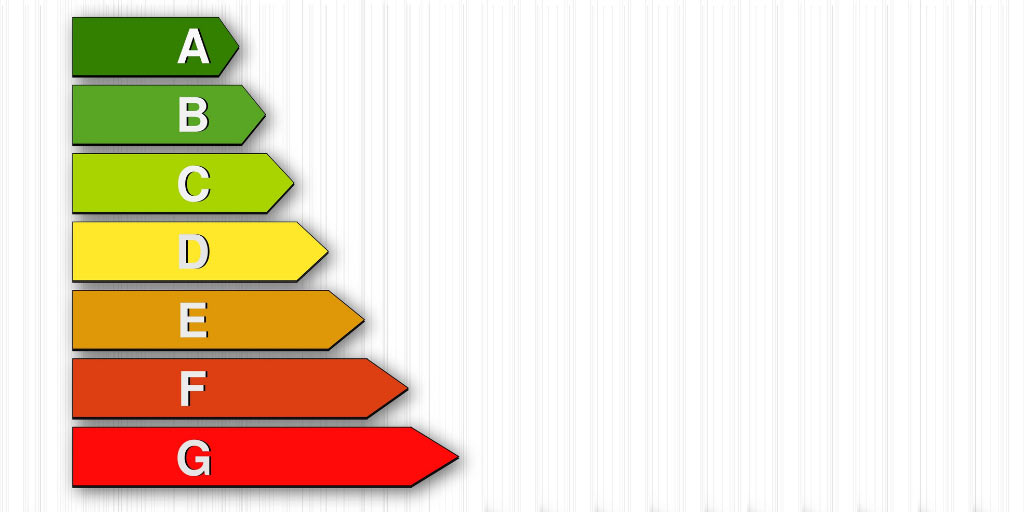
When considering factors influencing an EPC D rating, several aspects play a critical role in determining the overall energy efficiency and cost-effectiveness of a property. Below is a breakdown of these factors in a table format:
| Factors Contributing to EPC D Rating | Description |
|---|---|
| Energy Saving Tips | Implementing LED lighting |
| Upgrading windows for efficiency | |
| Improving insulation | |
| Upgrading boiler and thermostat | |
| Home Improvements | Installing energy-efficient systems |
| Enhancing insulation quality | |
| Upgrading to smart technology | |
| Energy Efficiency | Ensuring efficient energy usage |
| Minimizing heat loss through walls | |
| Monitoring and optimizing energy usage | |
| Property Value | Increasing with higher EPC ratings |
| Attracting buyers with energy-efficient features | |
| Energy Costs | Lowering with improved efficiency |
| Saving on heating and power expenses |
Understanding these elements can aid in making informed decisions to enhance the energy efficiency and overall value of a property.
Evaluating EPC D Rating
Evaluating the EPC D rating provides valuable insights into a property’s energy efficiency and potential cost savings. The rating indicates the property’s energy consumption, heating costs, and the need for insulation improvements. A property with an EPC D rating typically requires improvements to enhance its energy efficiency.
This rating directly impacts the property value, as a higher EPC rating can increase it by up to 14%. Understanding the heating and power costs associated with the property is crucial for making informed decisions about potential upgrades. Energy-efficient homes not only have a higher market value but also save on fuel bills in the long run.
In the UK, the government aims to raise the minimum EPC rating to a C by 2035, emphasizing the importance of improving energy efficiency in properties. Evaluating the EPC D rating serves as a starting point for identifying areas where improvements can be made to enhance energy efficiency, reduce heating costs, and increase overall property value.
Improving EPC D Rating
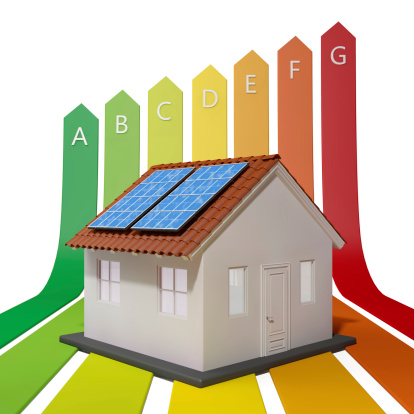
To enhance the energy efficiency of a property with an EPC D rating, implementing upgrades such as insulation improvements, energy-efficient boiler replacements, and LED lighting installations can be highly beneficial. The table below outlines some energy-saving tips and cost-effective solutions for improving your EPC rating:
| Energy Saving Tips | Home Improvements | Efficiency Upgrades |
|---|---|---|
| Install LED lighting | Upgrade windows | Insulate walls and lofts |
| Use smart thermostats | Replace old boiler | Consider renewable energy |
| Opt for double-glazing | Upgrade to energy-efficient systems | Upgrade to smart meters |
| Seal gaps and draughts | Invest in loft insulation | Consider solar panels |
Frequently Asked Questions
How Does the EPC Rating Impact Property Insurance Premiums?
The EPC rating can impact property insurance premiums by reflecting energy efficiency and potential cost savings. Green buildings with certifications often receive lower premiums due to climate change mitigation and sustainable practices. Retrofitting with modern technology advancements can further reduce insurance costs.
Can the EPC Rating Affect the Resale Value of a Property in a Competitive Market?
In a competitive property market, enhancing energy efficiency through EPC rating-improving home improvements can significantly boost resale value. Sustainability upgrades offer a competitive advantage, reduce energy consumption, and positively impact property value and environmental footprint.
Are There Any Grants or Financial Incentives Available for Improving EPC Ratings?
There are government incentives available for improving EPC ratings through energy-saving measures like insulation upgrades, boiler replacements, and LED lighting installation. Retrofitting options with green technology promote sustainable living and enhance property value.
What Are the Potential Environmental Benefits of Increasing the EPC Rating of a Property?
Increasing the EPC rating of a property leads to significant energy savings and reduced carbon footprint. Enhancing energy efficiency through insulation, LED lighting, and smart technologies contributes to green building practices, positively impacting sustainability and combating climate change.
How Does the EPC Rating Take Into Account Renewable Energy Sources and Their Impact on Energy Efficiency?
When considering renewable energy sources like solar panels, wind turbines, geothermal heating, energy-efficient appliances, and green building materials, the EPC rating evaluates their impact on energy efficiency. Incorporating these elements can significantly improve a property’s overall energy performance.
Conclusion
In conclusion, achieving an EPC D rating may not be ideal, but it presents opportunities for improvement in energy efficiency and cost savings.
By understanding the factors contributing to this rating, homeowners can make informed decisions to enhance their property’s environmental impact and value.
Taking proactive steps to improve energy performance can elevate a property from a D rating towards sustainability and increased efficiency, benefiting both homeowners and the environment in the long run.
About the Author: LandlordCertificate
Related Posts
Get Social
Recent Posts
- The Role of Fire Extinguisher Inspection in Fire Risk Management
- How to Stay Compliant with Emergency Lighting Test Certificate Rules
- EICR London Fault Codes Explained: What C1, C2, and C3 Really Mean for Landlords
- Choosing the Right Consumer Unit for Fuse Box Installation London in Properties
- Electrical Diagnostic London: How Professional Testing Keeps Your Property Safe and Compliant


